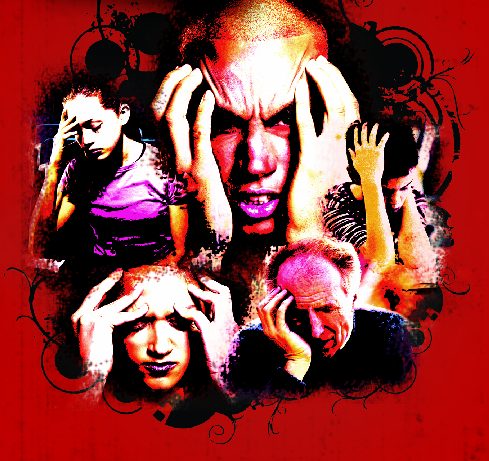Campden Hill Road
Kensington
London
W8 7RX
United Kingdom
Spirit Release Therapy, as a clinical alternative to religious exorcism and traditional shamanistic practice is largely unknown by mainstream medical practice and psychiatry. This is due to several interrelated factors. Primarily, materialistic science does not recognise any concept of a spirit world and doctors are therefore not yet trained in SRT principles and techniques. SRT sits uncomfortably between the disbelief of a materialist secular society and the subjective experience of spirit possession: whether that experience is a symptom of psychosis, symbolic representation, socio-cultural expectation or a veridical manifestation. In contrast to the monism of mechanistic science, every culture and religious belief system throughout human history has its traditional beliefs of spirit possession in some form or another with corresponding rituals for the release or exorcism of spirit entities. It is common knowledge that Christianity has its angels, devils and demons (although the majority of modern so-called Christians probably don’t believe they really exist). Islam has its Jinns and the Hindus have a variety of evil spirits.
The conflict between the epistemologies of modern science and religion lies in the conceptual differences in perception that are arrived at through empirical data and radical empirical experience. In short, it is a difference between what we believe to be true and what we know to be true.
Society for Psychical Research



